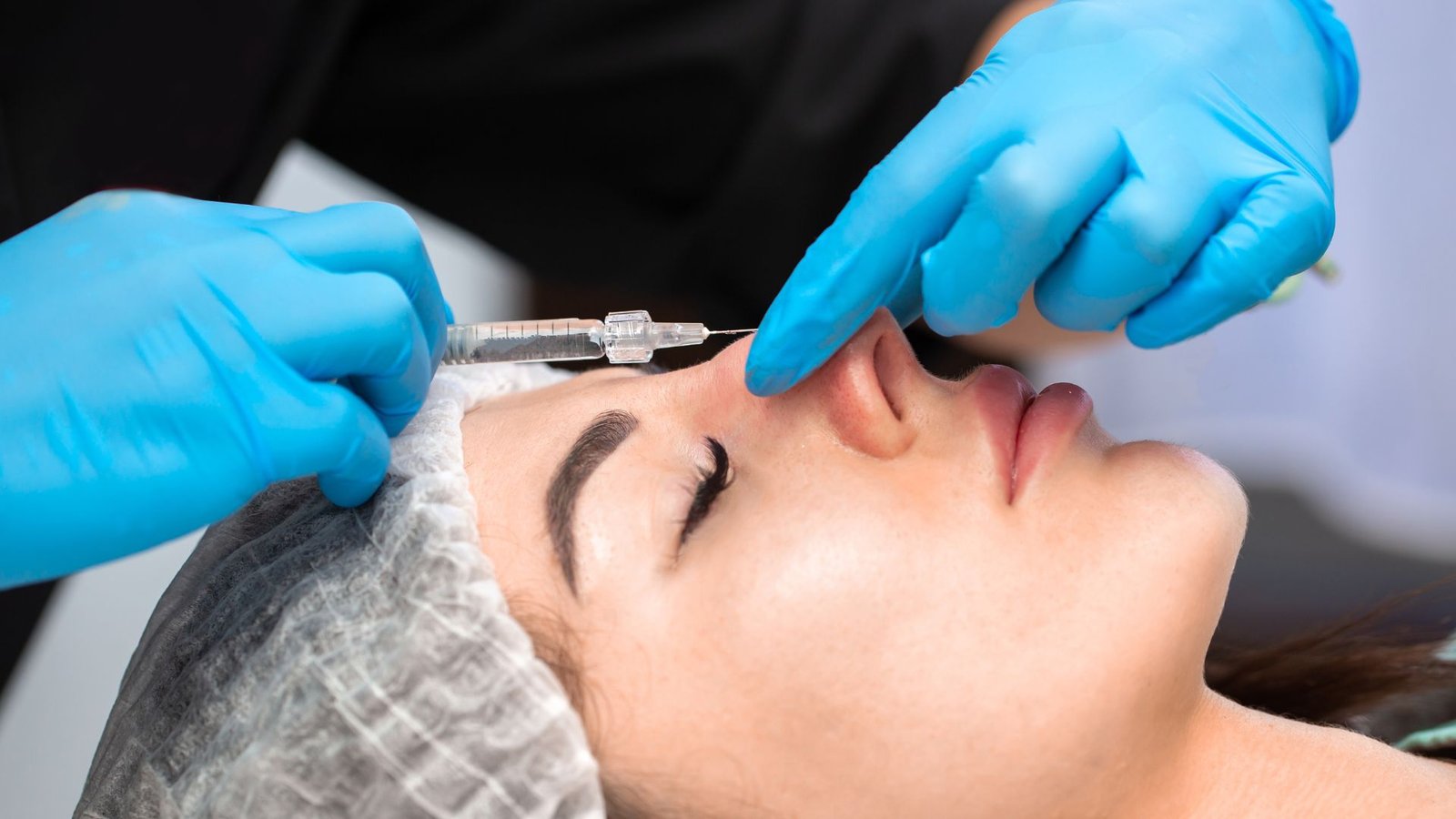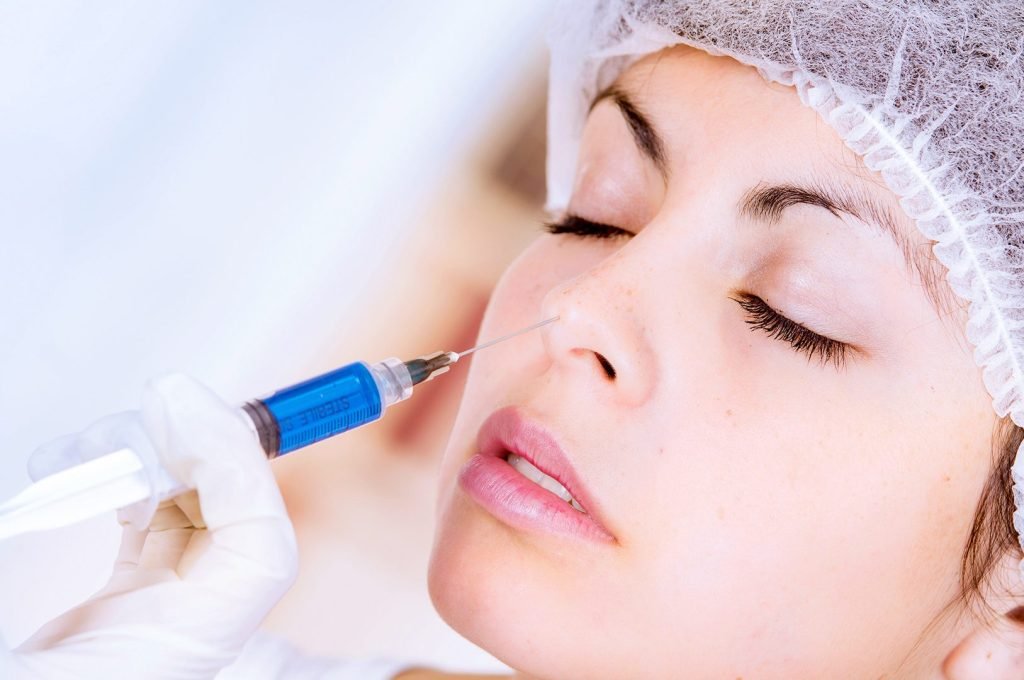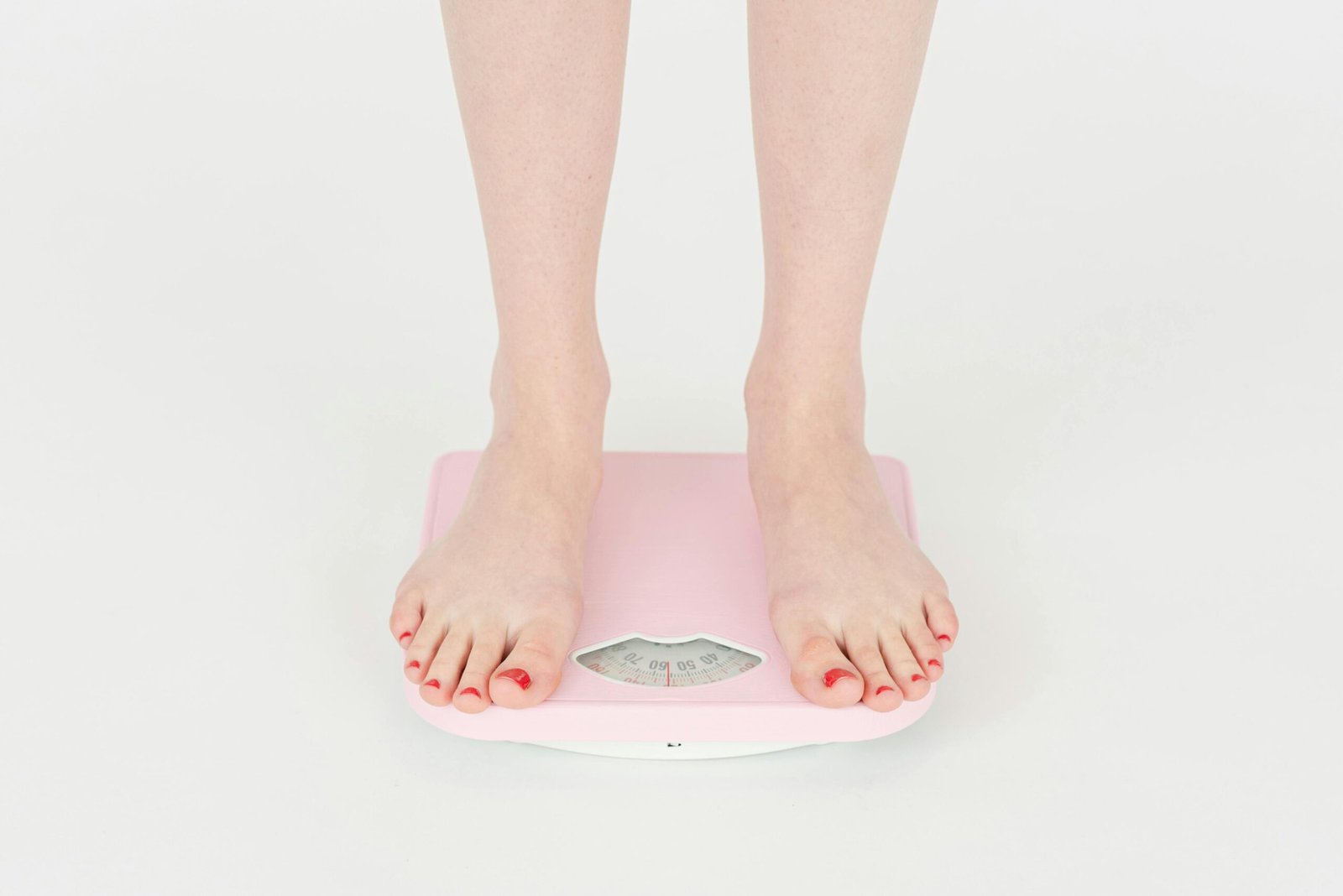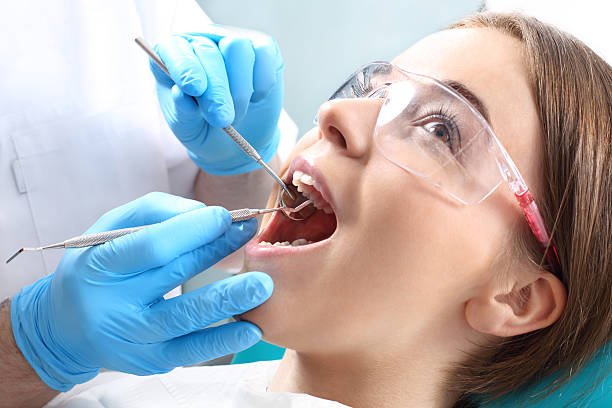Your liver is one of the hardest-working organs in your body responsible for detoxifying harmful substances, aiding digestion, and regulating your metabolism. Yet, most people don’t realise how daily lifestyle habits can slowly damage this vital organ over time. The worst part? Liver damage often progresses silently until it reaches an advanced stage.
In this article, we’ll uncover the hidden signs that your lifestyle may be harming your liver and what you can do to protect it before it’s too late.
1. Constant Fatigue and Low Energy Levels
If you feel exhausted even after getting a good night’s sleep, your liver could be struggling. The liver helps process nutrients and store glycogen, which your body converts into energy when needed. When it’s under stress due to poor diet, excessive alcohol intake, or a sedentary lifestyle, it becomes less efficient at performing these tasks. As a result, your body runs low on clean energy, leading to persistent fatigue.
What to do: Incorporate energy-boosting foods like fruits, vegetables, and whole grains, and cut down on processed sugars and alcohol. Regular physical activity also supports better liver function and energy production.
2. Unexplained Weight Gain or Difficulty Losing Weight
If you’ve been gaining weight without changing your diet or lifestyle or if you’re struggling to shed extra pounds despite exercise, your liver might be the culprit. When the liver is overloaded with toxins or fat, it can’t efficiently metabolise fats and carbohydrates. This leads to fat accumulation, especially around the abdomen.
Non-Alcoholic Fatty Liver Disease (NAFLD) is now one of the most common liver conditions linked to obesity and poor lifestyle habits.
What to do: Focus on eating balanced meals with lean proteins, fibre, and healthy fats. Reduce your intake of refined carbs, sugary drinks, and fried foods. Regular physical activity can also help reverse early-stage fatty liver.
3. Frequent Bloating or Abdominal Discomfort
Do you often feel bloated or experience discomfort in the upper right side of your abdomen? This could be a sign that your liver is inflamed or working harder than it should. A sluggish liver can cause digestive issues because bile production essential for breaking down fats, is impaired.
What to do: Drink plenty of water, eat smaller meals, and include fibre-rich foods like vegetables, fruits, and legumes. Avoid overeating and limit your intake of heavy, fatty meals that make digestion harder.
4. Yellowing of Skin or Eyes (Jaundice)
Jaundice is one of the most visible indicators of liver distress. It happens when bilirubin, a yellow pigment produced by the breakdown of red blood cells, accumulates in the body due to poor liver function. Even mild yellowing of the eyes can be a sign that your liver isn’t processing toxins efficiently.
What to do: If you notice yellowish skin or eyes, consult a doctor immediately. Early detection and proper testing can help prevent serious liver diseases such as hepatitis or cirrhosis.
5. Skin Issues Like Itchiness or Acne
Your liver filters toxins from your bloodstream. When it becomes overloaded, these toxins can build up and start affecting your skin. Persistent itchiness, acne, or dull-looking skin can signal that your liver isn’t detoxifying properly.
What to do: Stay hydrated and include liver-friendly foods like leafy greens, garlic, turmeric, and green tea in your diet. Avoid alcohol, processed foods, and sugary beverages that increase toxin buildup.
6. Mood Swings, Anxiety, and Brain Fog
The liver also influences your mental well-being. When it’s not functioning well, toxins remain in the blood and can affect brain chemistry, leading to brain fog, irritability, or anxiety. Moreover, poor sleep caused by liver stress can worsen mood imbalances.
What to do: Get adequate rest, reduce caffeine and alcohol consumption, and focus on stress management techniques like meditation or deep breathing. Support your liver with antioxidant-rich foods such as berries, nuts, and avocados.
7. Changes in Urine or Stool Colour
Dark-colored urine and pale or clay-colored stools can be subtle but important warning signs. They often indicate that your liver isn’t producing enough bile or that bile flow is obstructed. This can happen due to fatty liver, gallstones, or other liver-related issues.
What to do: Monitor any persistent changes in urine or stool colour and consult a healthcare provider for a liver function test. Early testing helps identify the issue before it escalates.
8. Bad Breath and Body Odour
If you notice a strong, unpleasant odour even after maintaining good hygiene, your liver might not be filtering toxins efficiently. This leads to a condition sometimes called “fetor hepaticus,” or liver breath, a musty, sweet odour that arises from the buildup of sulfur compounds in the blood.
What to do: Stay hydrated, maintain good oral hygiene, and eat foods that support detoxification, like lemon water, beetroot, and cruciferous vegetables (broccoli, cauliflower, cabbage).
9. Frequent Headaches or Dizziness
A toxic buildup in the body can interfere with oxygen supply and blood circulation, resulting in headaches and dizziness. Since the liver helps filter out harmful substances, when it’s overwhelmed, your brain may bear the brunt of those toxins.
What to do: Avoid excessive use of painkillers or self-medication, as many drugs are metabolised in the liver. Instead, focus on natural detox methods like staying hydrated, eating antioxidant-rich foods, and exercising regularly.
10. Swelling in Legs or Ankles
If your legs or ankles often feel swollen, it might be due to fluid retention caused by liver dysfunction. When the liver becomes inflamed or scarred, it affects circulation and causes fluid to build up in the lower body.
What to do: Keep your legs elevated when sitting, reduce salt intake, and stay physically active. Seek medical advice to rule out serious conditions like liver cirrhosis or chronic hepatitis.
How to Protect Your Liver Naturally
- Eat a balanced diet: Include fruits, vegetables, lean proteins, and whole grains. Limit processed and fried foods.
- Avoid alcohol and smoking: Both are major causes of liver damage.
- Stay hydrated: Water helps flush out toxins and supports liver function.
- Exercise regularly: Physical activity improves blood flow and helps reduce fat accumulation in the liver.
- Get regular check-ups: Liver function tests can detect problems early, even before symptoms appear.
Get Your Liver Enzymes Tested at Human Care Laboratories
Final Thoughts
Your liver quietly supports hundreds of vital functions from detoxification to digestion. But modern lifestyles filled with processed foods, alcohol, and stress can push it to its limits. By paying attention to these hidden warning signs and making simple changes to your daily habits, you can protect your liver and ensure it continues to work efficiently for years to come.
Remember, prevention is always better than cure, and your liver’s health depends largely on how you live each day.















Leave a Reply